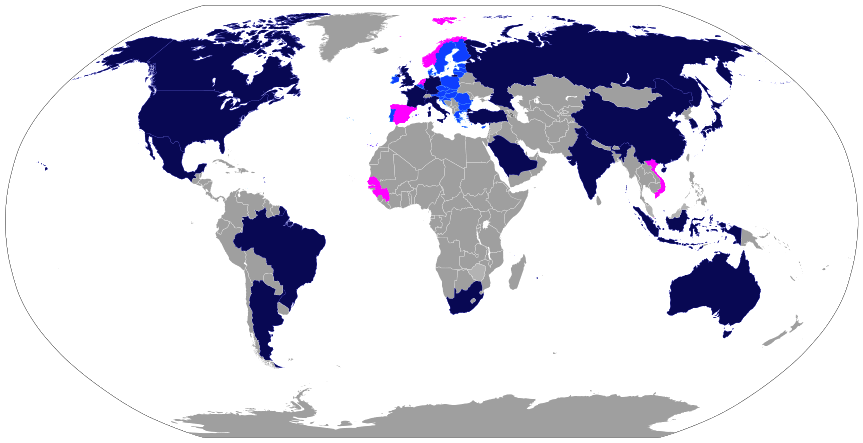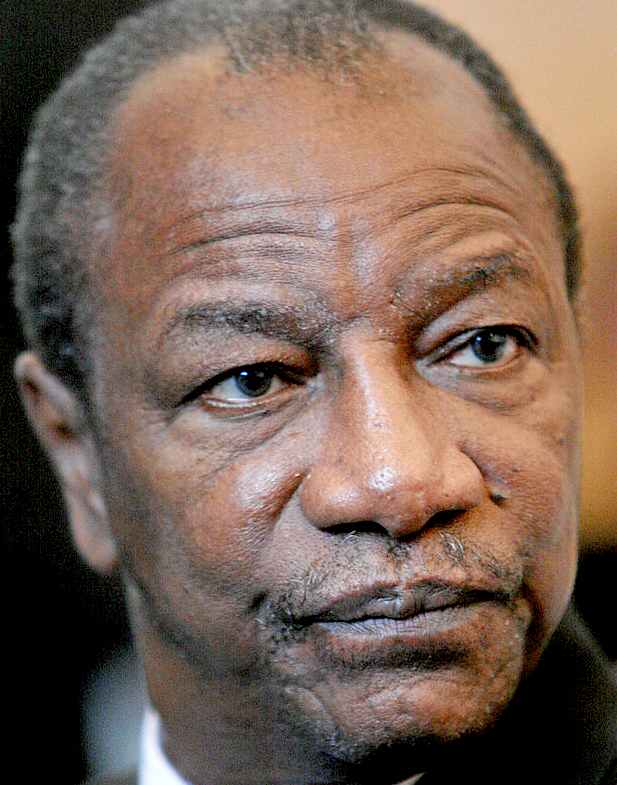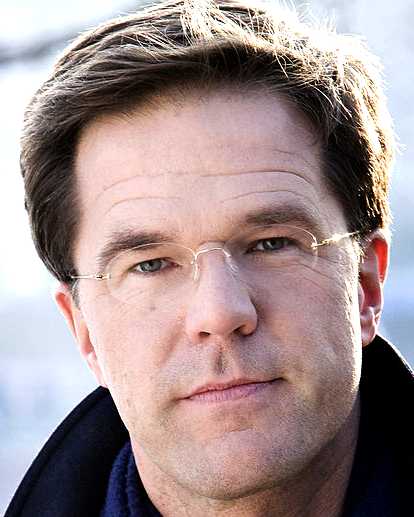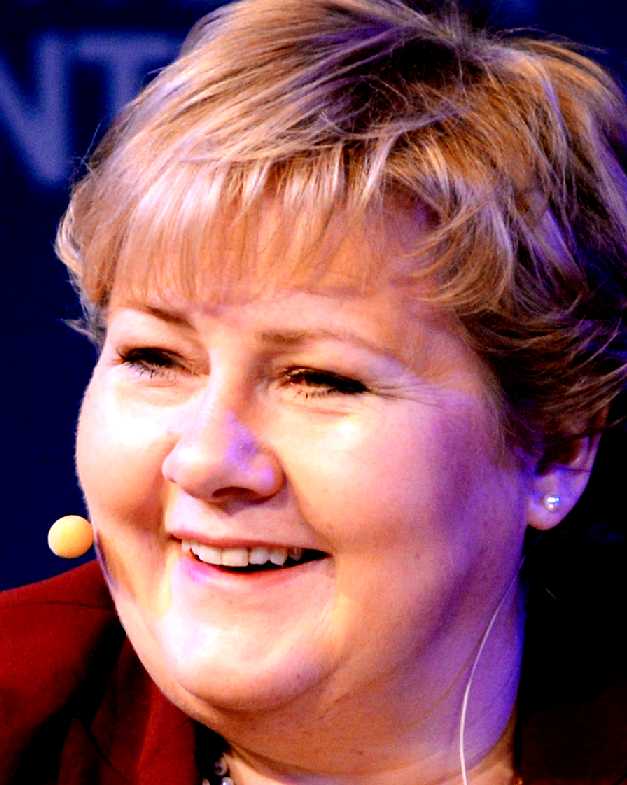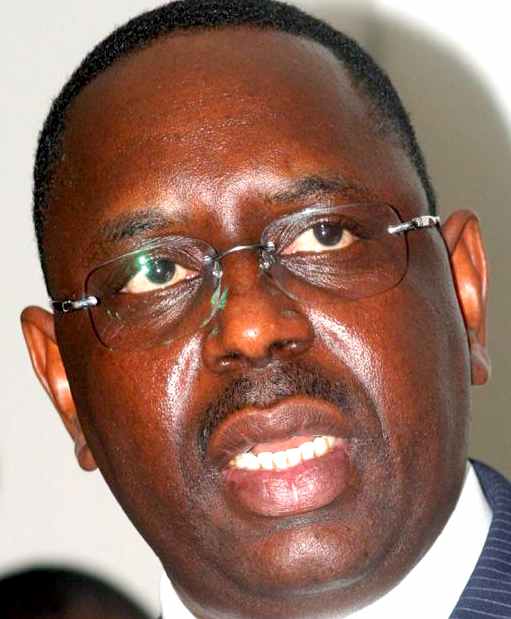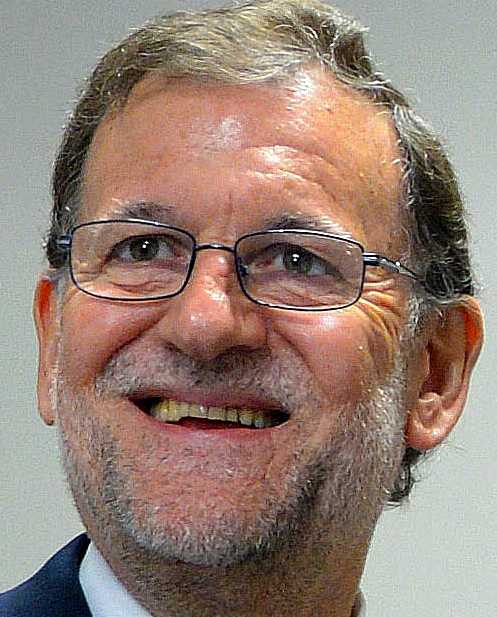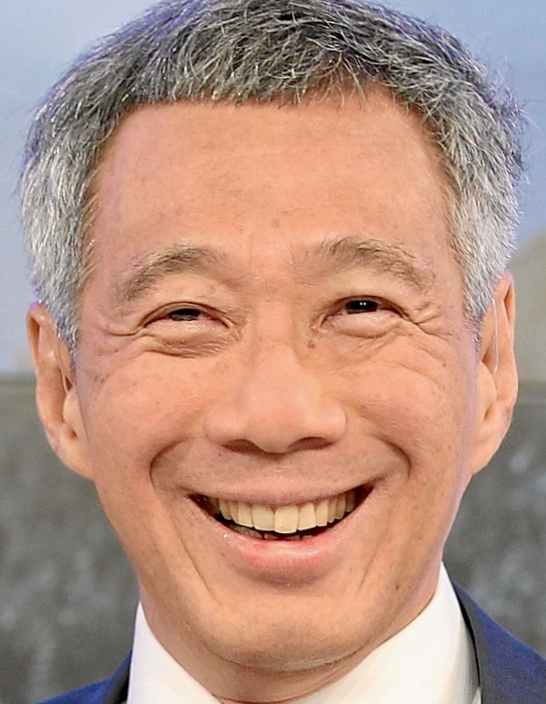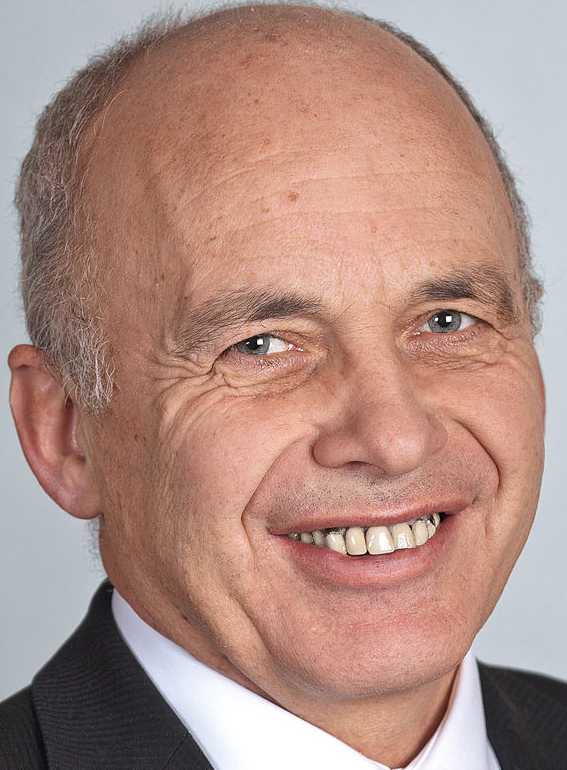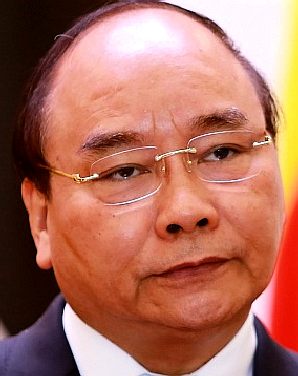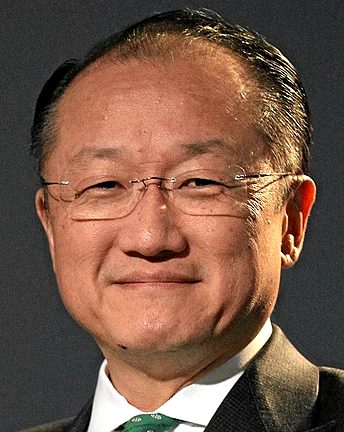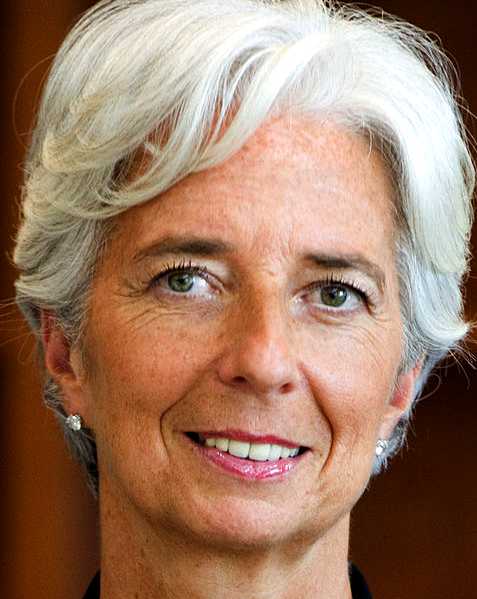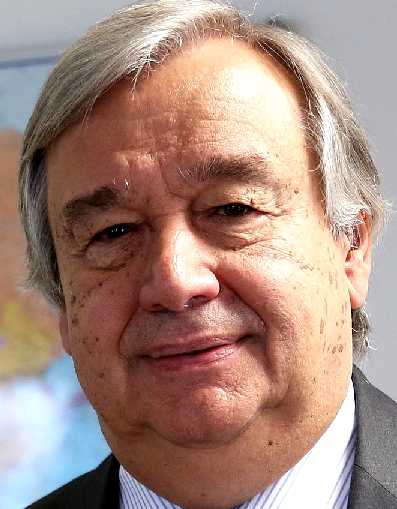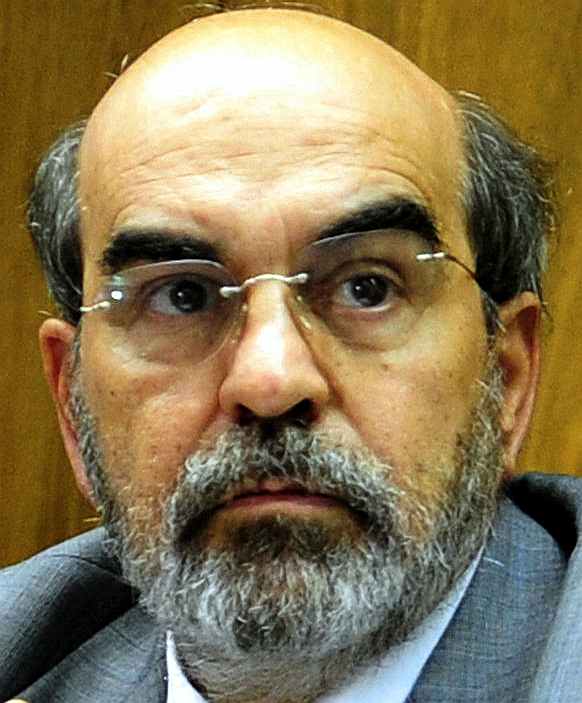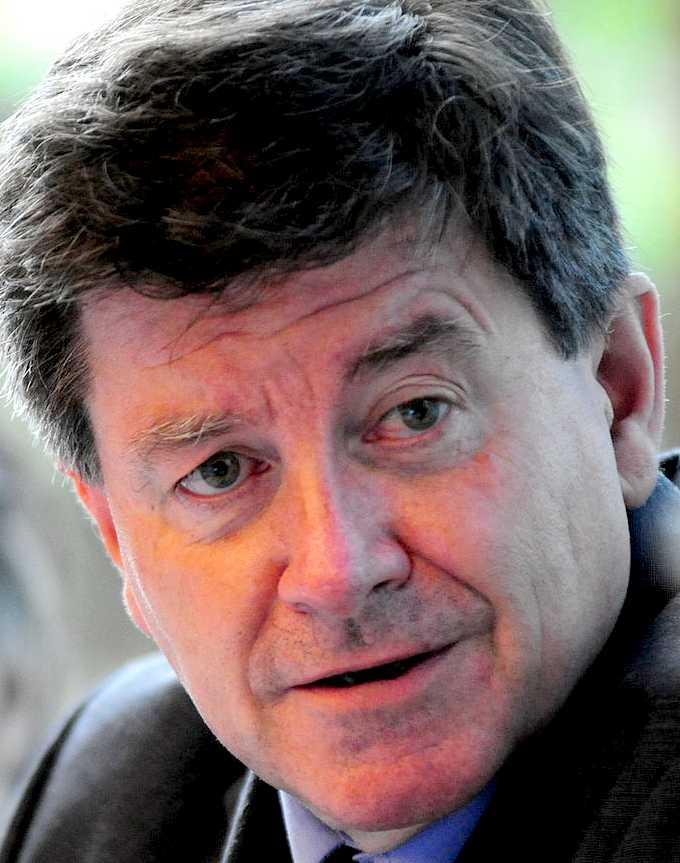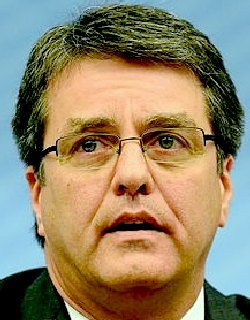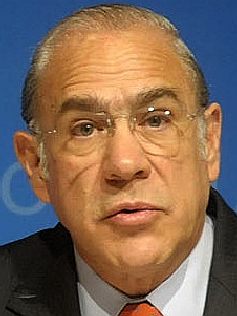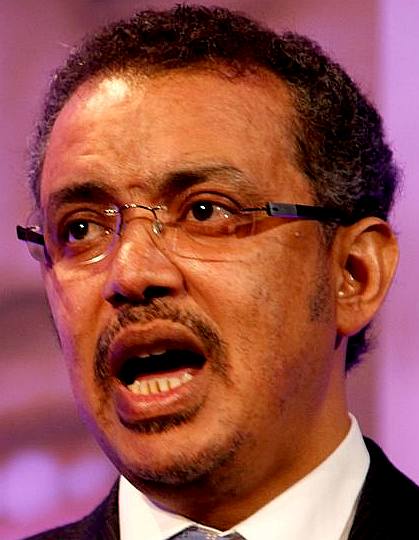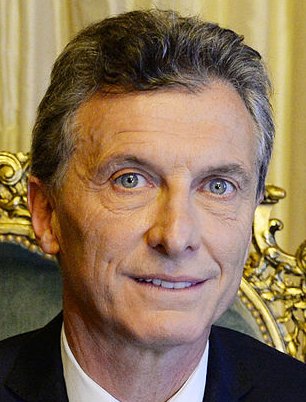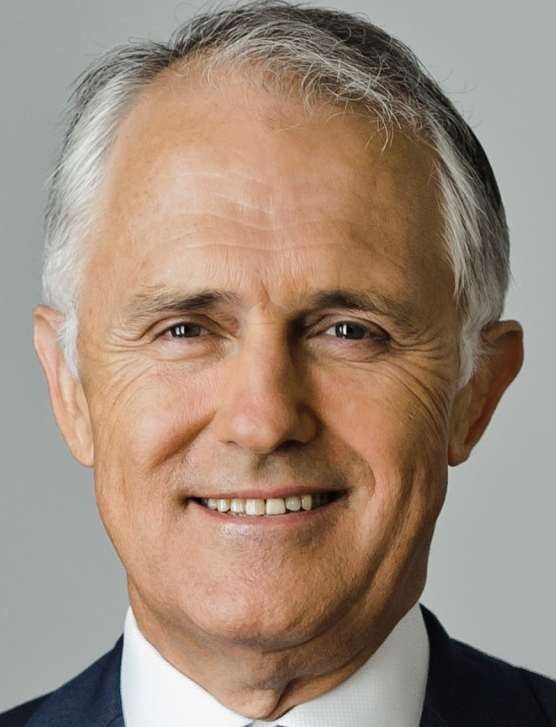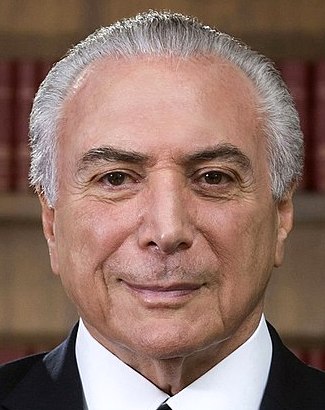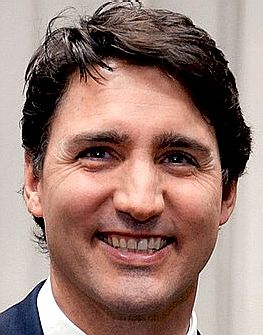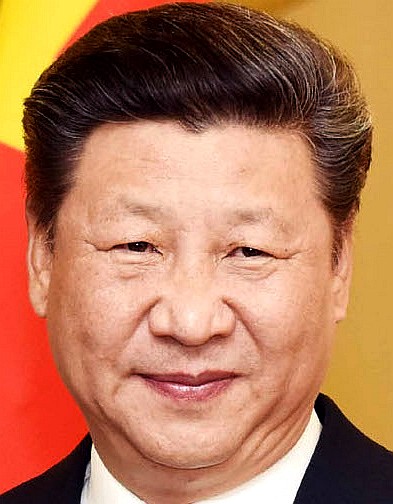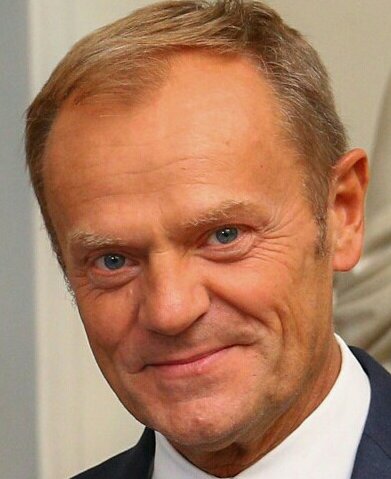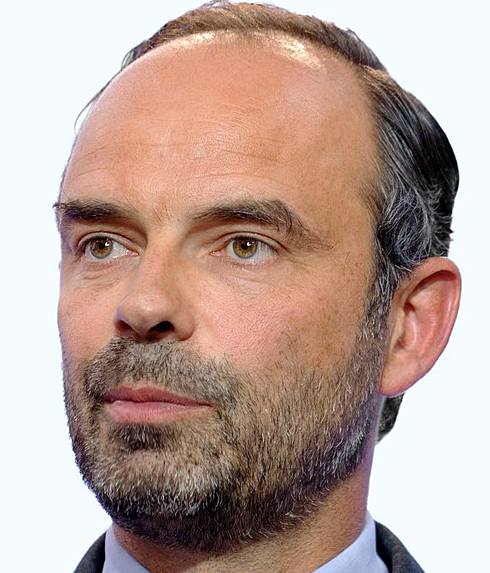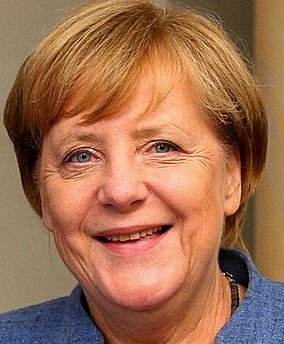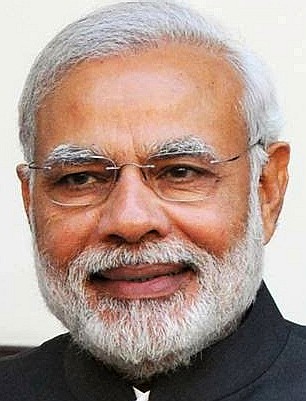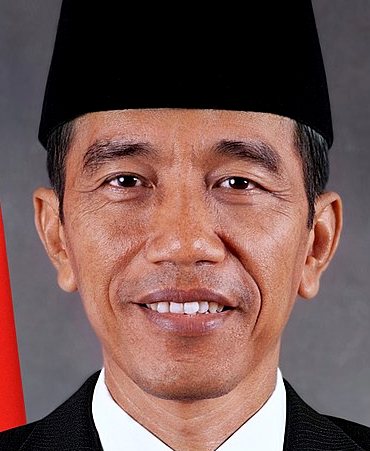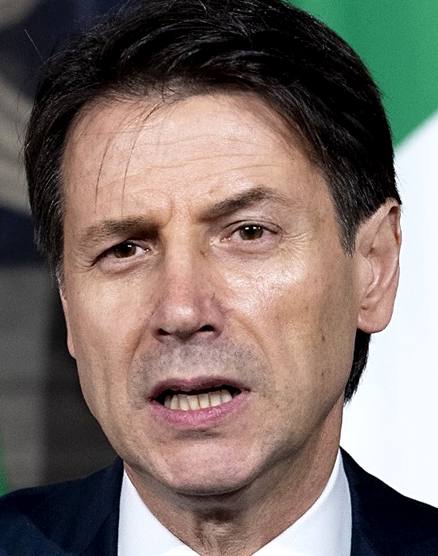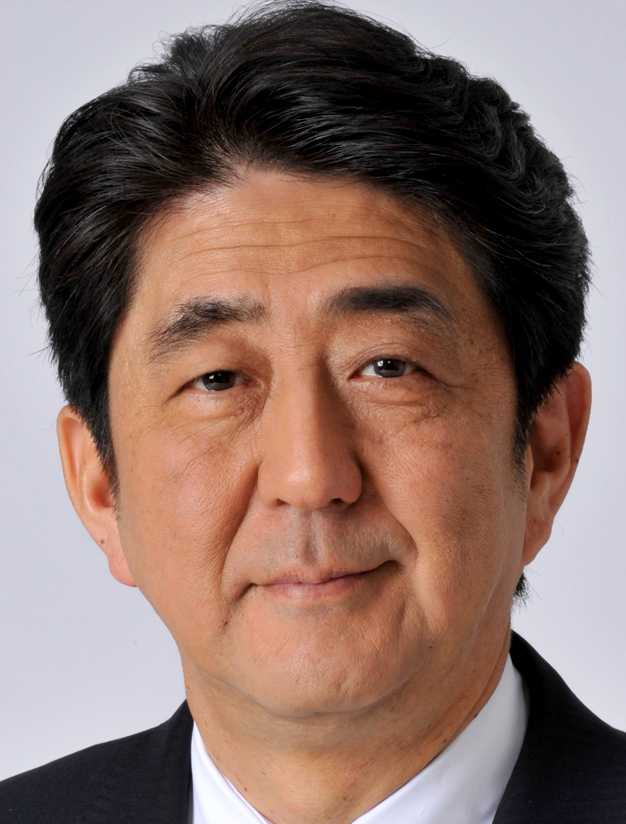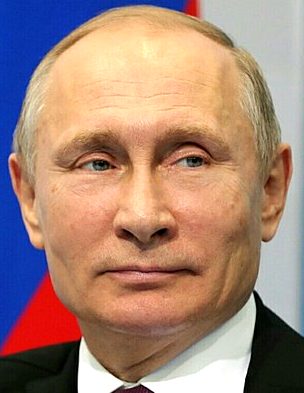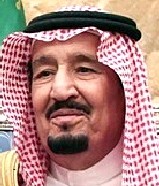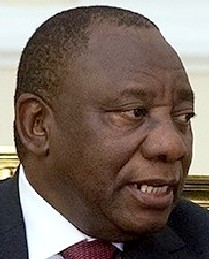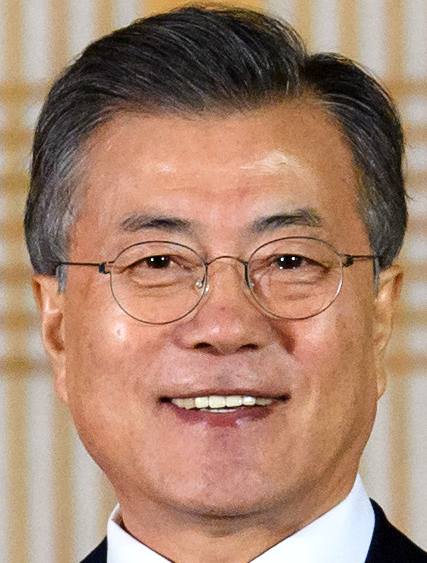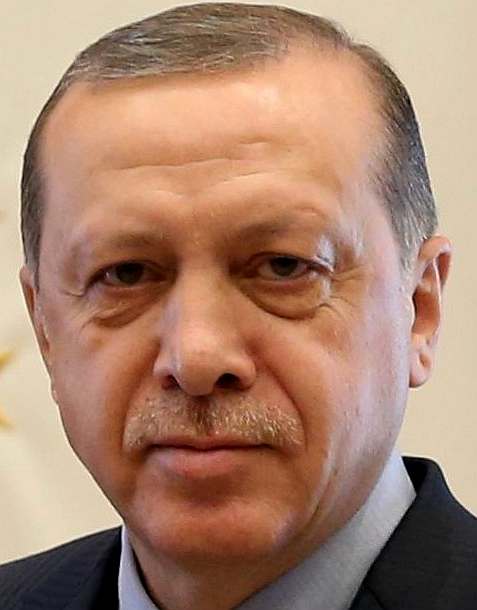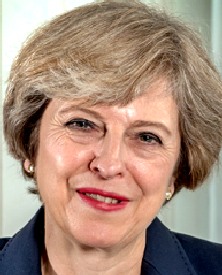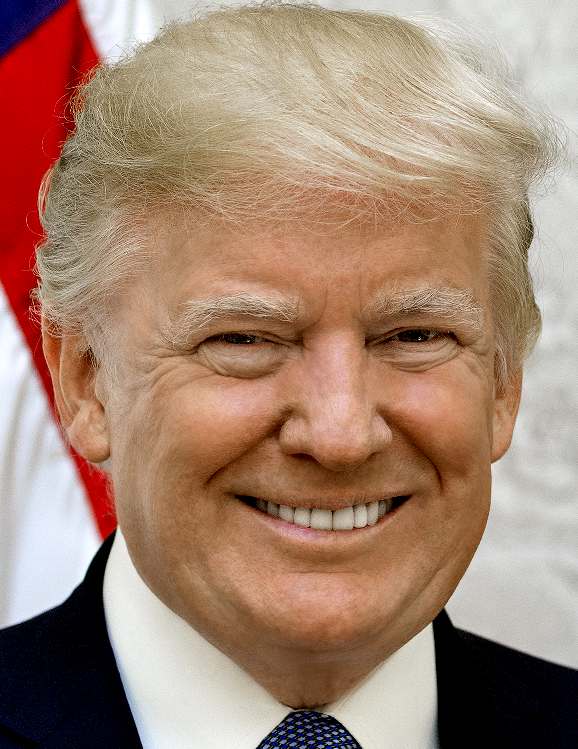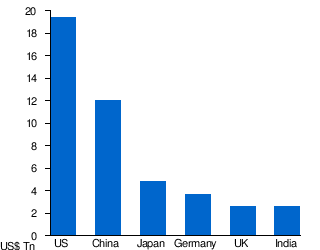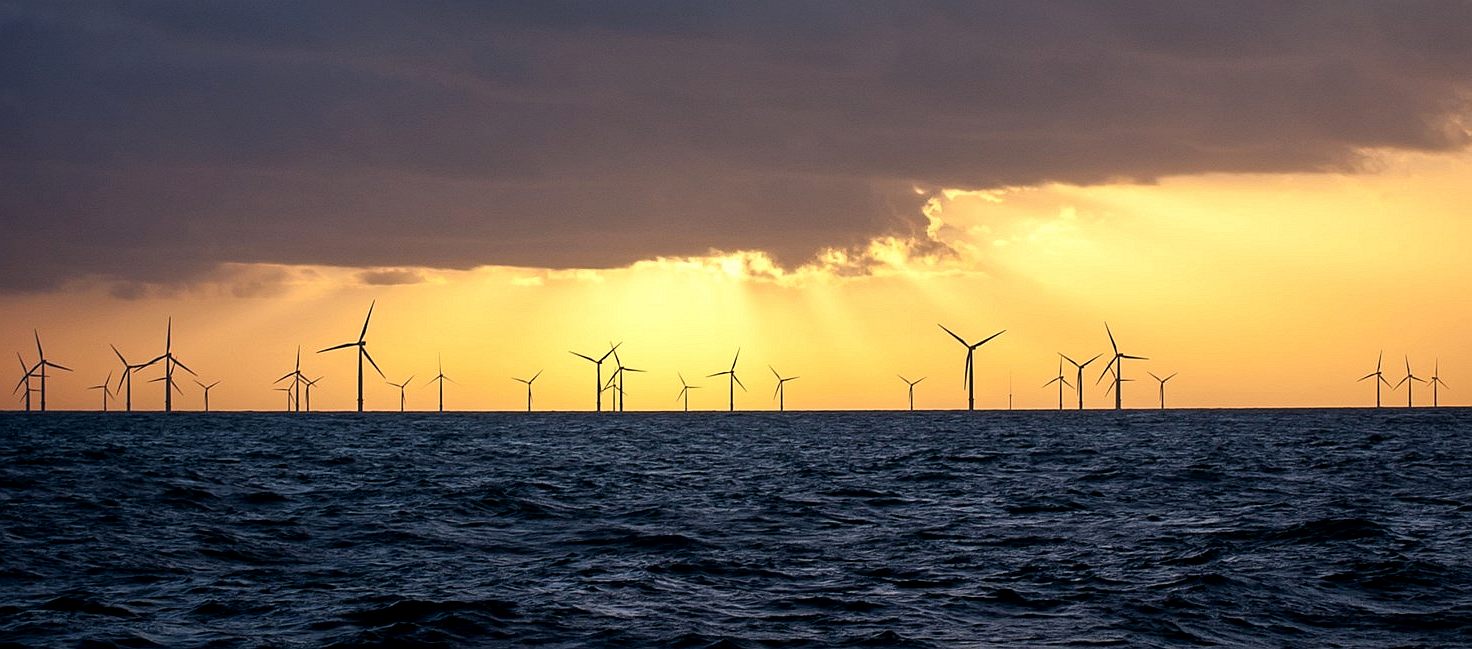|
VIETNAM - PLASTIC OCEANS ALLIANCE
ABOUT - CONTACTS - FOUNDATION - HOME - A-Z INDEX
|
||||||||||||||||||||||||||||||||||||||||||||||||||||||||||||||||||||||||||||||||||||||||||||||||||||||||||||||||||||||||||||||||||||||||||||||||||||||
ONE WORLD ONE OCEAN - In the role of guardians of your geographical regions, there is also a responsibility to develop the blue economy for the international circular economies that a sustainable society requires if we are not to burn planet earth out.
Vietnamese Prime Minister, Nguyen Xuan Phuc, was a guest country at the G20 2017 summit in Hamburg and one of the countries of the world that could benefit from joining a World Ocean Anti-Plastic Alliance.
Vietnam is located on the eastern Indochina Peninsula between the latitudes 8° and 24°N, and the longitudes 102° and 110°E. It covers a total area of approximately 331,210 km2 (127,881 sq mi), making it almost the size of Germany. The combined length of the country's land boundaries is 4,639 km (2,883 mi), and its coastline is 3,444 km (2,140 mi) long. At its narrowest point in the central Quảng Bình Province, the country is as little as 50 kilometres (31 mi) across, though it widens to around 600 kilometres (370 mi) in the north. Vietnam's land is mostly hilly and densely forested, with level land covering no more than 20%. Mountains account for 40% of the country's land area, and tropical forests cover around 42%.
We share one ocean and one planet. We may care to think otherwise, but in the greatest technical challenge we have yet faced as brothers and sisters of planet earth there are no borders. What neighbor countries trash today is your pollution problem tomorrow, and what we fail to clean up today as responsible parents is our children's legacy for generations to come.
With plastic being a toxin carrier and bioamplifier in the food chain, we can expect that people ingesting fish exposed to marine plastic will be that much more likely to suffer cancer related problems in life, with follow on costs to the health services of contributor nations.
The unique quality of humans is our ability to reason and be reasonable. Provided that the main industrial players in the world accept that plastic production and usage is linked to Gross Domestic Product in proportion to wealth creation, it is reasonable to expect that those with most to gain from ocean research and regeneration might want to contribute what they can afford to removing what is possible to remove to compensate for their part in creating the problem, unwittingly though that may have been in the past.
What we are suggesting is an alliance between the top performing nations dedicated to cleaning the seas up. We invite those nations (and any others that want to fight) to join in the Big Clean by contributing to the cause.
We know that world leaders will consider it unfair if they are asked to contribute more than other nations, but would also expect that each nations should match fund any coordinated efforts of this nature. Funding need only continue until SeaVax reaches break even point, at which stage members might expect to benefit from ongoing operations without any cost of membership attaching.
World Oceans Anti-Plastic Alliance (WOAA) Cleaner Ocean Foundation Ltd Solar Studios (Solar House) BN271RF United Kingdom.
Tel/Fax: 0044 1323 831727 Email: growth @ blue-growth . org
The World needs an Ocean Action Plan to coordinate the efforts of member nations that in turn will benefit each other as the oceans move from one shoreline to the shores of a neighbor country. To help us develop an international strategy we need to generate sufficient funds effectively make headway, estimated to be in the region of $10 million dollars to develop a SeaVax prototype. Follow on expenses, or pledges of ongoing support should be included to cover the cost of helping contributing nations to set up fleets of ocean cleaning boats - and running them in a network or pattern that stands the best chance of regenerating our oceans.
THE ACTION PLAN IN BRIEF
An Action Plan will involve coordinated research, communications and operations designed to tackle marine plastic, working with other organizations and academics to make people aware of the dangers of plastic pollution and the need to review packaging policies.
An Action Plan will involve developing ocean cleaning vessels and a central hub to coordinate plastic recovery missions and recycling.
Collecting grants, accounting for and end of year reporting on progress to Ocean Alliance members.
GUEST NATIONS 2018
INTERNATIONAL ORGANIZATIONS 2018
THE G20 HEADS OF STATE A - Z
The G20 (or G-20 or Group of Twenty) is an international forum for governments and central bank governors from:
Argentina Australia Brazil Canada China European Union France Germany India Indonesia Italy Japan Mexico Russia Saudi Arabia South Africa South Korea Turkey United Kingdom United States
Founded in 1999, the G20 aims to discuss policy pertaining to the promotion of international financial stability. It seeks to address issues that go beyond the responsibilities of any one organization.
The G20's membership does not reflect exactly the 19 largest national economies of the world in any given year. The organization
states:
ABOUT GROSS DOMESTIC PRODUCT
Gross domestic product (GDP) is the market value of all final goods and services from a nation in a given year. Countries are sorted by nominal GDP estimates from financial and statistical institutions, which are calculated at market or government official exchange rates. Nominal GDP does not take into account differences in the cost of living in different countries, and the results can vary greatly from one year to another based on fluctuations in the exchange rates of the country's currency. Such fluctuations may change a country's ranking from one year to the next, even though they often make little or no difference in the standard of living of its population. The figures quoted here are only a guide.
STATE LEADERS
Mauricio Macri Enrique Peña Nieto Vladimir Putin Theresa May
LINKS & REFERENCE
https://en.wikipedia.org/wiki/List_of_countries_by_GDP_(nominal) https://en.wikipedia.org/wiki/G20
|
||||||||||||||||||||||||||||||||||||||||||||||||||||||||||||||||||||||||||||||||||||||||||||||||||||||||||||||||||||||||||||||||||||||||||||||||||||||
|
This website is provided on a free basis as a public information service. Copyright © Cleaner Oceans Foundation Ltd (COFL) (Company No: 4674774) 2018. Solar Studios, BN271RF, United Kingdom. COFL is a charity without share capital.
|
